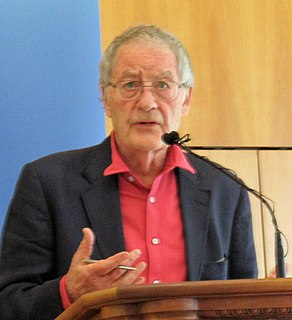A Quote by Alexander Nix
The big mystery of Big Data is causation versus correlation.
Related Quotes
MapReduce has become the assembly language for big data processing, and SnapReduce employs sophisticated techniques to compile SnapLogic data integration pipelines into this new big data target language. Applying everything we know about the two worlds of integration and Hadoop, we built our technology to directly fit MapReduce, making the process of connectivity and large scale data integration seamless and simple.
We get more data about people than any other data company gets about people, about anything - and it's not even close. We're looking at what you know, what you don't know, how you learn best. The big difference between us and other big data companies is that we're not ever marketing your data to a third party for any reason.
Let's look at lending, where they're using big data for the credit side. And it's just credit data enhanced, by the way, which we do, too. It's nothing mystical. But they're very good at reducing the pain points. They can underwrite it quicker using - I'm just going to call it big data, for lack of a better term: "Why does it take two weeks? Why can't you do it in 15 minutes?"
































